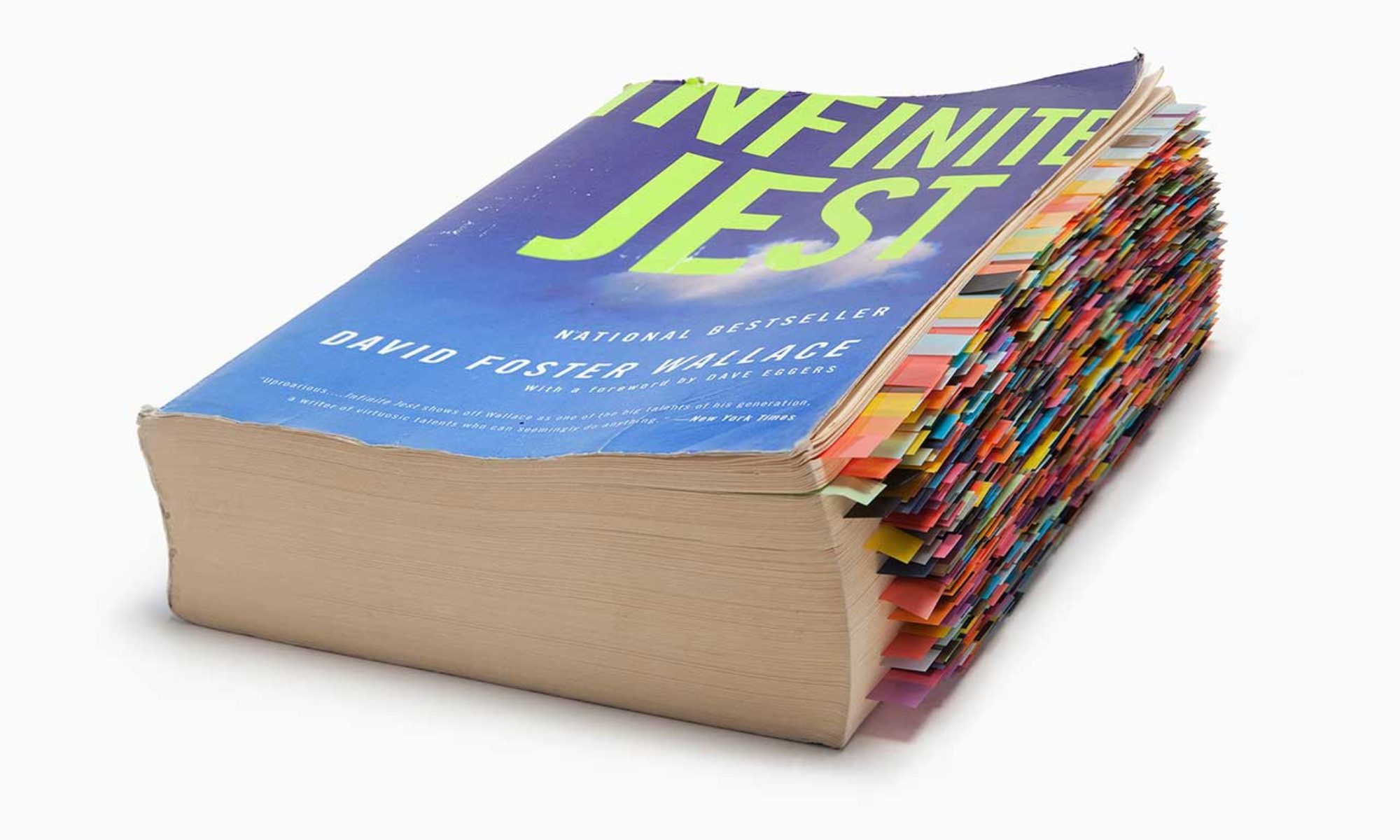La puntata di ieri sera di Presa Diretta sull’e-commerce è un ottimo esempio di pessimo modo di fare giornalismo: malafede, logica forzata per dimostrare la propria tesi, evidenza negata pur di demonizzare il “nemico” di turno.
Amazon compra 100.000 veicoli elettrici? Eh sono pochi (quanti ne hanno ordinati altri?). Amazon dona soldi alle scuole? Eh ma uccide i negozi di una cittadina da 4.000 persone. Amazon crea 7.000 posti di lavoro in Italia? Eh ma lo studio americano dice che il commercio tradizionale crea più posti di lavoro (quindi è meno efficiente).
Io vorrei sapere, *per favore*, se la redazione di Presa Diretta è solita cercare il negozio fisico col ricarico maggiore per i propri acquisti, o se invece – come tutti – cerca l’offerta migliore. Ce li vedo ad andare in negozio a dire: “No guardi, non mi faccia lo sconto, preferisco pagare il prezzo pieno per far prosperare il centro storico”.
“Vogliamo fare la battaglia pari”: tasse pari? Ok, però pareggi pure gli investimenti: voglio che pure tu ti doti di veicoli elettrici, che fissi una scadenza per essere carbon-neutral, che mi garantisca gli stessi standard in termini di qualità del servizio e garanzie accessorie. Il motivo per cui perdiamo PIL, competitività, benessere e autorevolezza come Paese è questo nostro aggrapparci al passato, perché noi siamo il paese di Leonardo e Michelangelo: tarpandoci le ali da soli. Vi ricordate l’ipotesi di chiudere Amazon la domenica? E quella di chiudere i negozi nel weekend (con la GDO insorta perché nel weekend produce una percentuale significativa del fatturato)?
Quello in questione è ciò che io chiamo giornalettismo: e non è la prima volta che quella stessa trasmissione, e Report, si comportano così.



